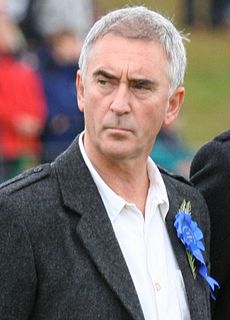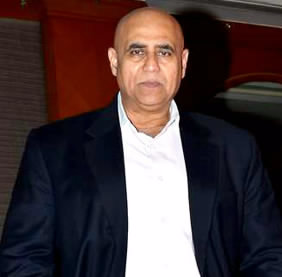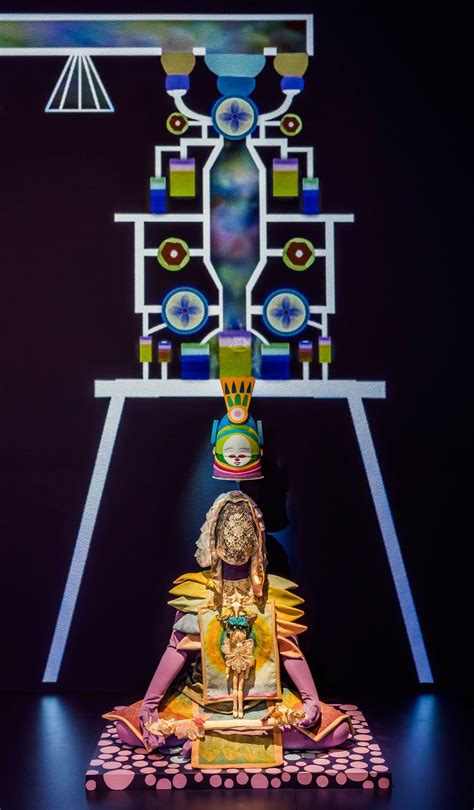A Quote by Howard Schultz
Post-9/11, we saw an immediate uptick in the amount of people in our stores, all over the country. People wanted that human connection. We are not going to fracture the Starbucks experience.
Related Quotes
Starbucks was founded around the experience and the environment of their stores. Starbucks was about a space with comfortable chairs, lots of power outlets, tables and desks at which we could work and the option to spend as much time in their stores as we wanted without any pressure to buy. The coffee was incidental.
I remember at the time of 9/11 that there were women who went out of their way to escort Muslim women to grocery stores because they wanted to be sure that they didn't experience any prejudice. And so I'm not one who believes that America is a country that's intolerant. It's the most tolerant country in the world, and I really think that it's unfortunate that a number of people are trying to paint America with this brush. I just don't see it.
The short-range involves the long-range. Immediate steps have to be taken to reeducate our people into the, a more real view of political, economic, and social conditions in this country, and our ability in, in a self- improvement program to gain control politically over every community in which we predominate, and also over the economy of that same community as here in Harlem. Instead of all the stores in Harlem being owned by white people, they should be owned and operated by black people.
I think in a post-9/11 world, with the images coming back from Iraq, everybody knows more and more people who are going over there... the images on the YouTube phenomenon where the violence is so immediate. Direct people need something stronger to respond to. I think that there's definitely a wave of directors - who are labelled the splat pack - who really, really care about making great scary movies.
Your connection to other people keeps you human, and that connection, staying human - that's what you have against control. It's like if somebody is being controlled by their job, the connection is to their family. And if they stay connected to those people, the job will never really have control over them.
Country' and 'city' are very powerful words, and this is not surprising when we remember how much they seem to stand for in the experience of human communities. In English, 'country' is both a nation and a part of a 'land'; 'the country' can be the whole society or its rural area. In the long history of human settlements, this connection between the land from which directly or indirectly we all get our living and the achievements of human society has been deeply known.
Obviously, since 9/11, here in this country there has been a resurgence of fear and people feeling distrustful of other people that are different. And what we chose to do was to focus on people coming together, working across those barriers of race, of culture, of religion, and really finding a heart connection.

































